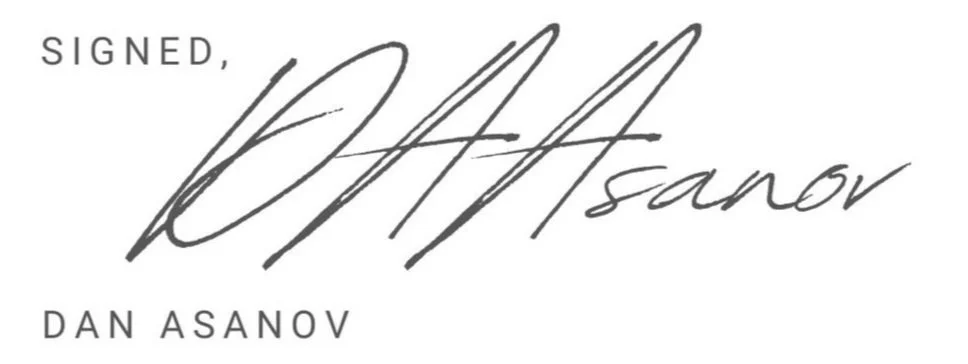Philosophy of
Music Education
"I am entrusted with significant duties in my role as a music educator: to guide my students on their paths to self-actualization; to teach them how to learn, connect, and grow independently..."
Throughout my own musical journey, I have been blessed with an unbelievably diverse set of incredible teachers and musicians who have helped me become who I am today. It is from these wonderful people — as well as my own personal experiences, self-reflection, and research — that I’ve come to determine three fundamental principles about music, which have come to influence my own decisions regarding music performance and education:
1) Music is fundamentally human;
2) Music exists everywhere;
3) Music is inherently beautiful.
Having internalized these principles, my pedagogical journey reveals a clear path. Based on these beliefs, I am entrusted with significant duties in my role as a music educator: to guide my students on their paths to self-actualization; to teach them how to learn, connect, and grow independently; to inspire an appreciation of different types of art and beauty; to broaden their limits of imagination and creativity; and to help develop their sense of empathy, both within themselves and with the world around them. To help achieve these goals, my pedagogical philosophy revolves around three essential practices that are intended to foster students’ musical growth.
The first essential practice: challenging students with content that is demanding, yet achievable. It is important to choose content that is relevant, and to ensure students have a voice in their own musical education. Music is fundamentally human, and can sometimes be an intensely personal experience. Having an element of student choice in repertoire and program direction allows us to harness students’ individual musical passions.
The second essential practice: forming a diverse musical experience that pushes conventional boundaries. Music exists everywhere, not just in the band room or the concert hall, and this fundamental knowledge is what I desire my students to leave my program with. Having this knowledge sets students up for a lifetime of musical joy, love, and collaboration, because music is for everyone.
The third essential practice: creating and maintaining a supportive musical community inside and outside of the classroom. The collaborative aspect of music-making can be a fulfilling activity, but can also be a source of stress – so much so that many are deterred from the activity altogether. Sustaining a powerful community that focuses on lifting people up and supporting musical explorations ultimately allows for a shared understanding that music is inherently beautiful, and that everyone has something to contribute.
Through these practices and goals, I am committed to ensuring that my students receive high-quality instruction that they can take with them through their whole lives.

